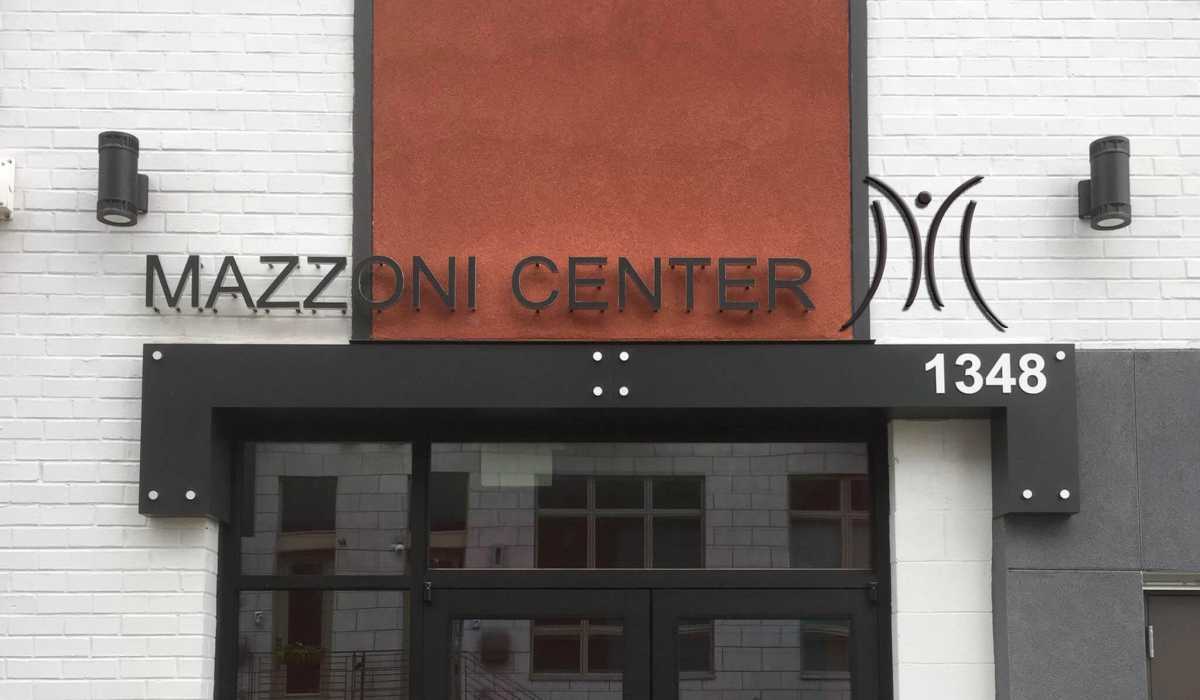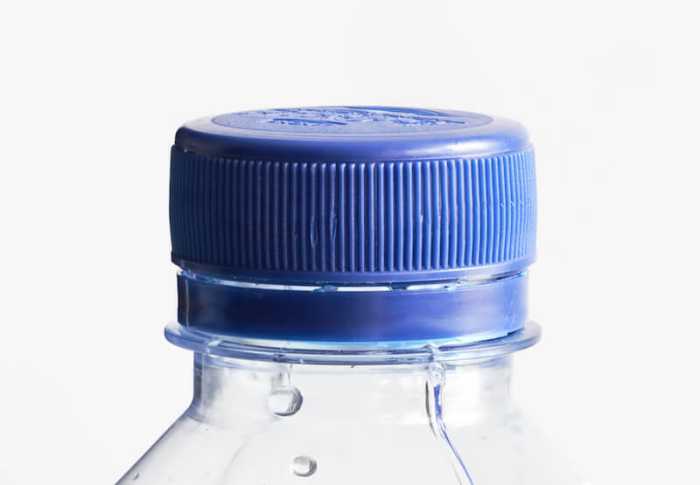As the Certified Recovery Specialist at The Mazzoni Center, Jenn Murphy wears many hats. Firstly, she’s there to be the initial contact for those in the LGBTQ community looking to engage in treatment services, but Murphy also completes phone screens for potential incoming clients, fields various phone calls about what the Mazzoni Center has to offer, and ultimately, lends a listening ear to a concerned loved one.
“As a CRS, I am an individual with lived recovery that provides a unique perspective to those going through similar experiences while giving insight to the recovery process,” Murphy explains. “In time, I help clients to build on their coping skills, support networks, and independence and gain better control over their substance use by helping them create personal recovery plans that [are] accommodating to who they are as an individual. I advocate for their needs which includes forging great relationships with outside resources. I help co-facilitate group therapy once weekly to get a better understanding of the stage of recovery clients are in, their current needs, and help eliminate any barriers. I [also] use a mix of my professional and personal experience to provide the motivation and guidance to taking the next steps in their recovery journey.”
After volunteering and advocating for the LGBTQ+ community for almost two decades, Murphy wanted to get involved and be a part of the progressive changes that have been made and promoted over the past several years.
“I think it is always important to be in a safe and positive working environment that not only provides opportunity and growth, but also champions their employees with compassion and empathy. We spend a good portion of our lives at work so that is extremely key to me. More importantly, I get to bring hope and healing to a community I am not only a part of myself, but that I believe endures an extra set of stigmas in addition to the ones that already come with addiction,” Murphy continues.
The specialist also notes how the Mazzoni Center is one-of-a-kind and caters to the LGBTQ community, providing integrative care which she feels is crucial for people with substance use disorder.
“This work is an absolute passion of mine, whether I am planting a seed and instilling hope, or watching someone’s life change right before my eyes. It’s very rewarding,” she continues.
The work also comes with its challenges. Murphy explains that people in the LGBTQ community often face social stigmas, discrimination, and other challenges not normally encountered by people who identify as heterosexual. The LGBTQ community also faces a greater risk for harassment and violence. As a result, they become at higher risk for things like mental health and substance use. However, the Center provides a safe haven.
“We don’t just address their substance use, but also the things going in their lives: Whether [it be] past trauma, identity issues, grief, [or] mental health. Providing integrative care allows us to look at the full scope of what’s going on in each individual’s life. We look to find the right combination of therapy, support, and medication that gives clients the best chances in their recovery journey. Many studies will also show that programs set up to cater to a specific demographic or community provides a greater chance for recovery. That is what we do here at Mazzoni. We bring our knowledge of LGBTQ issues and identify their connection with a person’s substance use. We use a lot of trauma informed care and look to build what any client may see as their weaknesses into strengths.”
Murphy’s team also promotes the power of staying positive and present. She says it is very helpful that most of their employees are part of the LGBTQ community or are strong allies.
“We are not just educated professionally but personally, [and] can provide the best care mixed with reliability whether it be someone struggling with their identity, exploring their sexuality, or just coming to terms with who they are, all while dealing with substance use disorder,” she continues.
Murphy lists three factors as playing a part in substance abuse in the community: Environmental elements, genetics and mental health.
“I feel there is still a lot of peer pressure out there, especially for our younger generations. You also have to consider family history and the environment a person grows up amongst. Mimicking behaviors they see growing up is very common. I also feel while we have made many improvements with the pharmaceutical industries, we still have a long way to go. I continue to see people being overprescribed addictive pain, anxiety, and ADHD medications leading to dependency,” she explains.
However, one of the biggest reasons is simple—substance abuse is used to cope.
“Whether alcohol or heroin or prescription medication, people use it to deal with an array of things going on in their life. Some common examples are past trauma, lack of family involvement or support, bullying, loss of job, grief, the list goes on,” Murphy says.
The specialist also notes how common substance abuse is portrayed in entertainment, and how now there is just starting to be ads for help, and ways to avoid it altogether.
“One [way] would be to further crack down on prescribing and monitoring certain class drugs. I think if you are a parent, educate yourself and sit down with your child and talk to them not just about peer pressure, but what may be going on in their lives. Create an open and safe space for them to share their feelings. I believe there is a dire need for more education in our community on how to engage with someone that may need support. Don’t be afraid to have conversations with your friends or family. Help break the stigmas instead of being part of them.”
Murphy also mentions other resources, such as getting regular check-ups with your doctor (physical and mental) and joining support groups out there.
“Most importantly if your family has a history of substance use start educating yourself early. Look for signs and risk factors. There are specialists that can help identify if you are someone who may be more prone to substance use disorder,” she finishes.
The Mazzoni Center is there to help in terms of sobriety and staying sober as well.
“I think it is important to know that sobriety cannot be achieved and maintained alone. Many still view it as a solo journey. People in recovery need people around them to help encourage and motivate them to keep going. This can include social or emotional reinforcement, physically helping someone with a task, or facilitating an achievement monetarily. But no matter which form the actual support takes, the idea is that a support system becomes crucial when things get difficult,” says Murphy.
“The more support someone has the more their goals seem attainable.”
Murphy also goes in to say perhaps the best kinds of supporters are sober supporters. They can provide that relatability to the day-to-day difficulties someone in recovery may face whether a trigger, stress, or other factors. Most individuals with long term sobriety belong to a fellowship that provide support specifically geared towards those suffering with addiction. And the results speak for themselves as a person is way more likely to stay sober by attending groups like AA or SMART Recovery than not.
“I always encourage my clients to consider joining recovery support meetings to make those connections and better help sustain their sobriety. This avenue doesn’t work for all people with substance use disorder, but the vast majority have reached a high level of success in their recovery when engaged with a large support system that involves other sober people,” she explains.
Murphy wants people to know that whether she is just the first stop on someone’s journey or the 20th, her hope is to encourage others to take a chance on themselves, give them the motivation to keep going, and to know they are worth it.
“I go into each session with a client judgment free, stigma free, and with an open mind,” she finishes. “I hope I can be the example and role model that others were for me and to replace their suffering with as much joy as I can.”
For information on the Mazzoni Center (1348 Bainbridge St.) visit mazzonicenter.org

































